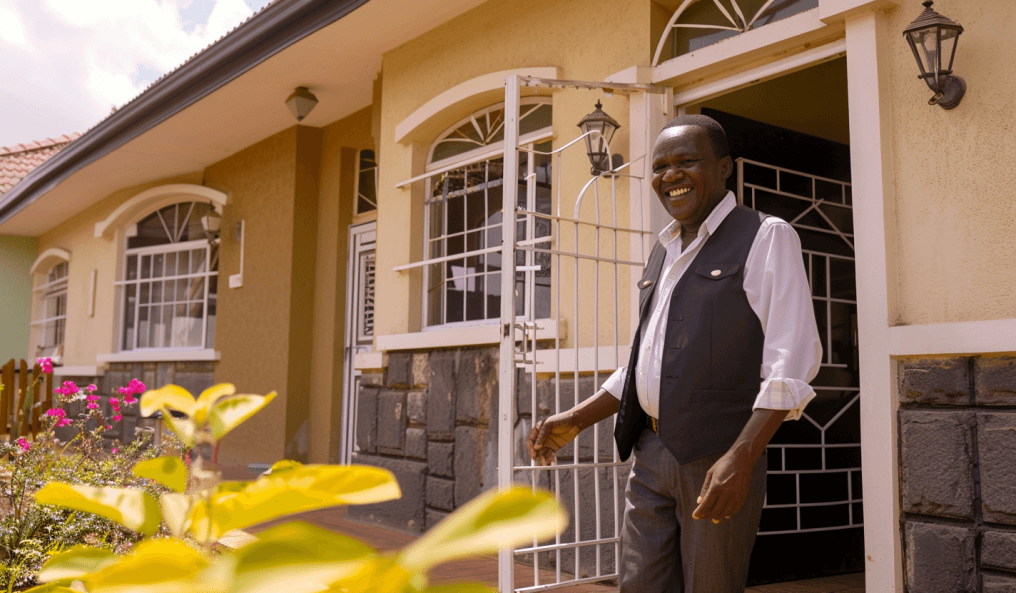Property auctions in Kenya, often involving distressed properties or sales by lenders, can be a source of real estate deals for savvy investors. However, the process is fast-paced and requires thorough preparation. This 2025 guide explains how to navigate the Kenyan property auction market.
1. Why Properties Go to Auction in Kenya
Common reasons: mortgage defaults (foreclosures by banks/lenders), unpaid land rates or taxes (sales by county governments), court-ordered sales, or sometimes voluntary auctions by owners seeking a quick sale.
2. Finding Property Auction Listings
Sources for auction information: newspaper advertisements (Daily Nation, Standard), Kenya Gazette notices, websites of auctioneering firms, bank announcements, and court notice boards. Understanding the information provided in auction notices.
3. The Pre-Auction Due Diligence: Crucial Steps
This is where many auction buyers falter. Despite the "as-is, where-is" nature of auctions, some due diligence is possible and essential:
- Viewing the Property (if allowed): Arranging access, though often limited to external viewing.
- Title Search: Attempting to get the LR number and conducting a search to understand ownership and encumbrances. This can be challenging.
- Valuation: Getting an independent estimate of the property's market value to avoid overbidding.
- Understanding Conditions of Sale: Carefully reading the auctioneer's terms and conditions, including deposit requirements, payment deadlines, and any outstanding liabilities (e.g., land rates, utility bills) the buyer might inherit.
4. The Auction Process: What to Expect on Auction Day
Registration, bidding procedures (open outcry), role of the auctioneer, setting reserve prices. Importance of attending with a clear budget and sticking to it. Payment of deposit (typically 10-25%) immediately upon successful bid.
5. Post-Auction: Completing the Purchase
Timelines for paying the balance of the purchase price (usually 30-90 days). Consequences of default. Transfer process, stamp duty, and registration. Challenges in evicting occupants if the property is tenanted or occupied by the previous owner.
6. Opportunities and Risks of Buying at Auction
Opportunities: Potential to acquire property below market value, transparent bidding process (in theory). Risks: Limited due diligence, "as-is" condition (hidden defects), potential for existing occupants/disputes, difficulty securing financing quickly, title issues, possibility of the original owner redeeming the property before transfer (in some cases).
7. Tips for Successful Auction Buying
Attend several auctions as an observer first. Set a strict budget. Inspect what you can. Understand the legal implications. Have funds ready for deposit and balance. Consider professional advice from a lawyer or experienced auction buyer.
Conclusion
Buying property at auction in Kenya in 2025 can be a high-risk, high-reward endeavor. While bargains exist, success depends heavily on meticulous preparation, understanding the inherent risks, and a disciplined approach to bidding. It's not for the faint-hearted or unprepared investor.




